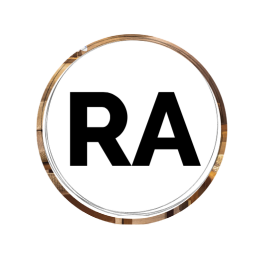Boku is taking carrier billing to new places
Boku.com
The mobile payments market has had big news in the last month – the release of Apple Pay, and PayPal’s announced split from eBay. Yesterday Boku announced that customers are able to pay for real world goods by adding the payment to their mobile phone bill. Internet access required, NFC (near field communication) technology not.
This method of payment is called carrier billing. Previously carrier billing has been limited to digital wallpapers and ringtones, but with new deals with Vodafone, O2, and EE, Boku is expanding its role of e-Money issuer in the UK and EU.
Boku will negotiate limits with individual phone carriers (and merchants). They are operating using industry standard limits for now. £30/transaction £200/month will not facilitate an auto purchase, but does allow for magazine and convenience purchases, including movie tickets, parking, takeout, and public transportation.
“It may not yet revolutionize mainstream retail payments, but it could well see people using mobile to pay for cans of pop, newspapers and magazines and making other ‘micropayments’ in small retailers and the like, while the mainstream high street stores are still grappling with finding budget for beacons and other tech” commented Paul Skeldon at internetretailing.net.
Who would have thought that it would be corner shops and kiosks that got the first taste of mobile payments in retail?
Merchants will need to sign on, thereby allowing customers to use this method of payment. Consumers will not need to register. In most instances it will take only confirmation via text to process the transaction. No credit card information exchange, in fact, no credit card required.
The global m commerce market is set to grow from $116 billion in 2014 to $467 billion in 2019. The focus in North America has been on wallets and beacons, but carrier billing is likely to have a larger global impact in the end – serving regions where merchants and consumers have cell-phones but not NFC technology. “Suddenly, mobile payment has become simple to implement” summarized Skeldon.
ADDITIONAL | Has mobile payment hit its tipping point?
ADDITIONAL | VIDEO The 5 big benefits of ‘charge to bill’

